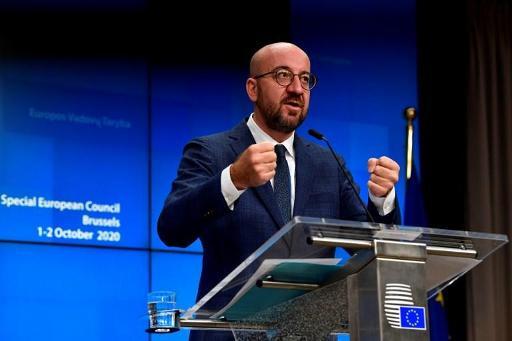EU Member States adopted long-standing sanctions on Friday against 40 individuals for repressing and intimidating peaceful demonstrators, opposition members and journalists in Belarus.
Protests ensued in Belarus following the reelection of Alexander Lukashenko, who, according to official results, won 80% of the vote, a result that is challenged by the opposition.
The individuals are also being sanctioned for malpractice in the electoral process.
Restrictive measures include a ban on entry into or transit through EU territories and a freezing of assets in the Union. EU citizens and businesses are also banned from making funds available to those targeted.
Related News
- Charles Michel wants to speed up procedure for sanctions against Belarus
- Lukashenko addresses early elections ‘in the margins’ of constitutional reform
The sanctions were supposed to be imposed as soon as possible but the Council could not agree on them because of internal differences. As no formal date was set for the adoption of the sanctions, the Commission denied that there was any delay.
Cyprus had vetoed the sanctions for several weeks in an attempt to get the EU to speak more forcefully to Turkey, which is putting the island under pressure with its oil and gas exploration in its maritime areas.
Belarusian President Alexander Lukashenko is not among those sanctioned, but the list remains open, the President of the Council, Charles Michel, had warned during the night.
On the other hand, Interior Minister Yuri Karayev and several of his subordinates are on the list, as well as members of the electoral commission.
As a result of the sanctions, "Belarus is introducing a list of sanctions in response from today," the Belarusian Foreign Ministry said, while adding that the list would not be made public.
Asked recently by The Brussels Times what the EU could do to facilitate a dialogue between the Belarusian authorities and the opposition, a spokesperson replied that it is up to the authorities to start such a dialogue. “The basic line is that an inclusive solution has to come from within Belarus. That is what the EU and the international community are pushing for.”
Jason Spinks
The Brussels Times

